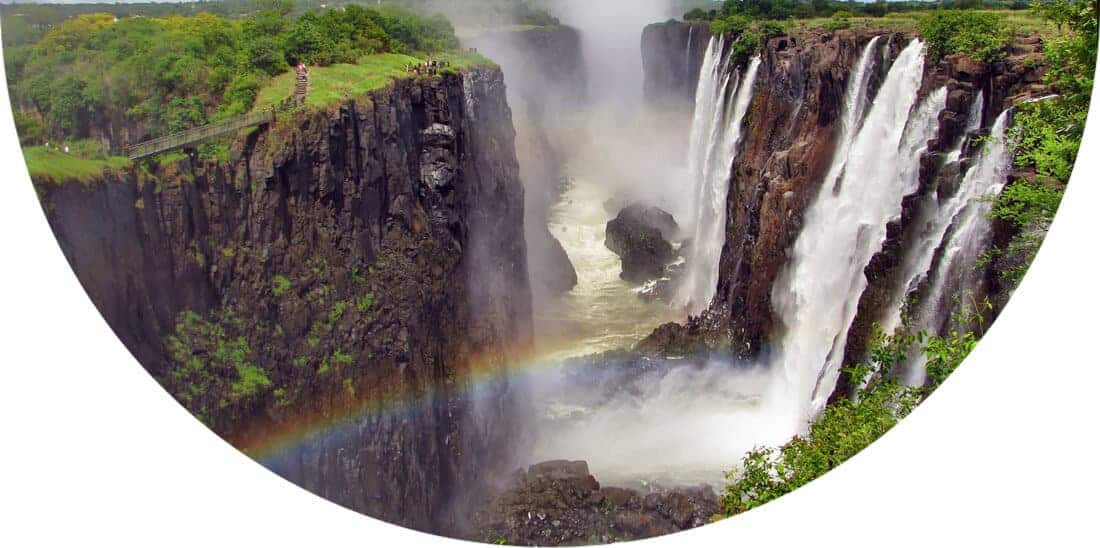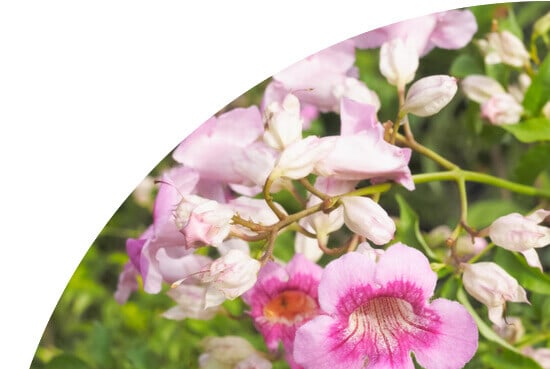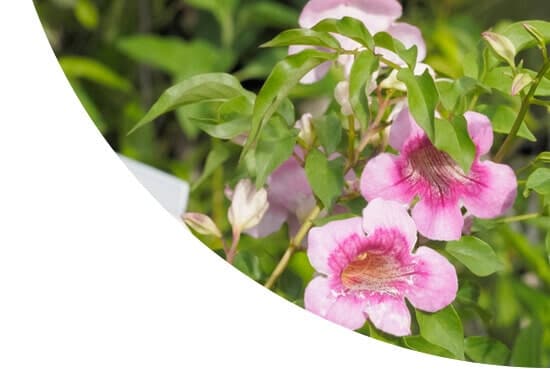Rift Valley fever (RVF) is an acute, fever-causing viral disease that usually affects domesticated animals (such as cattle and sheep), but can also infect and cause illness in humans. The majority of human infections are caused by direct or indirect contact with the blood or organs of infected animals.


Travel Vaccinations for Zimbabwe
Recommended Vaccines for Zimbabwe
The level of protection needed depends on your medical history and travel itinerary. Book now to get a personalised recommendation from our specialist travel nurses. The consultation costs £20 plus any vaccines you decide to take.
Flexible appointments with no upfront payment
Book Now
Destination Information for Zimbabwe
Zimbabwe was once the richest country in Africa. More recently the economy is struggling after over a decade of instability. Tourists are beginning to return to this beautiful country and some may say there’s no better time to do so, while accommodation and resorts are relatively low in cost.
The largest wildlife sanctuary in the country, Hwange National Park, is what brings many visitors to Zimbabwe. Situated on the border with Botswana, you’ll discover one of Africa’s largest elephant populations along with many other species.
The most famous tourist attraction here is Victoria Falls, shared with Zambia as they lie on the border between the two countries. Officially the largest waterfall on the planet, Victoria Falls is one of the Seven Natural Wonders of the World.
Zimbabwe’s two largest cities, Harare, Zimbabwe’s capital, and Bulawayo, the industrial and business capital of the country, are densely populated, and filled with bars and fine restaurants. In between the two is Great Zimbabwe; it hosts the archaeological remains of a Southern African ancient city, which is simply fascinating.
From walking with lions and swimming with elephants to hanging out in a cool city bar, Zimbabwe offers something for everyone. The peak season to visit is July to September, when wildlife and river cruising is at its best.
Before you travel to Zimbabwe, it is important to get vaccinated, as all visitors to this country are likely to need the hepatitis A, typhoid vaccines, alongside the tetanus, diphtheria and polio vaccine. Much of the country is at high risk of malaria. Yellow fever certification requirements may apply so book a consultation with a specialist to check what you need.
Infections and Outbreaks frequently change from country to country and by attending our clinics you will be given the most up to date clinical and safety advice from our team of specialists. Our advice to you often includes aspects such as:
- Food and water hygiene
- Insect and animal bite avoidances
- Personal safety
- Sexually transmitted infections
- Sun protection
- Altitude sickness
Malaria and regions within country:
There is a high risk of P.Falciparum malaria in all areas below 1200m but not Harare or Bulawayo. Anti-malarial medication is recommended in high risk zones. There is a low risk in other areas and anti-malarial medication is not normally advised.



